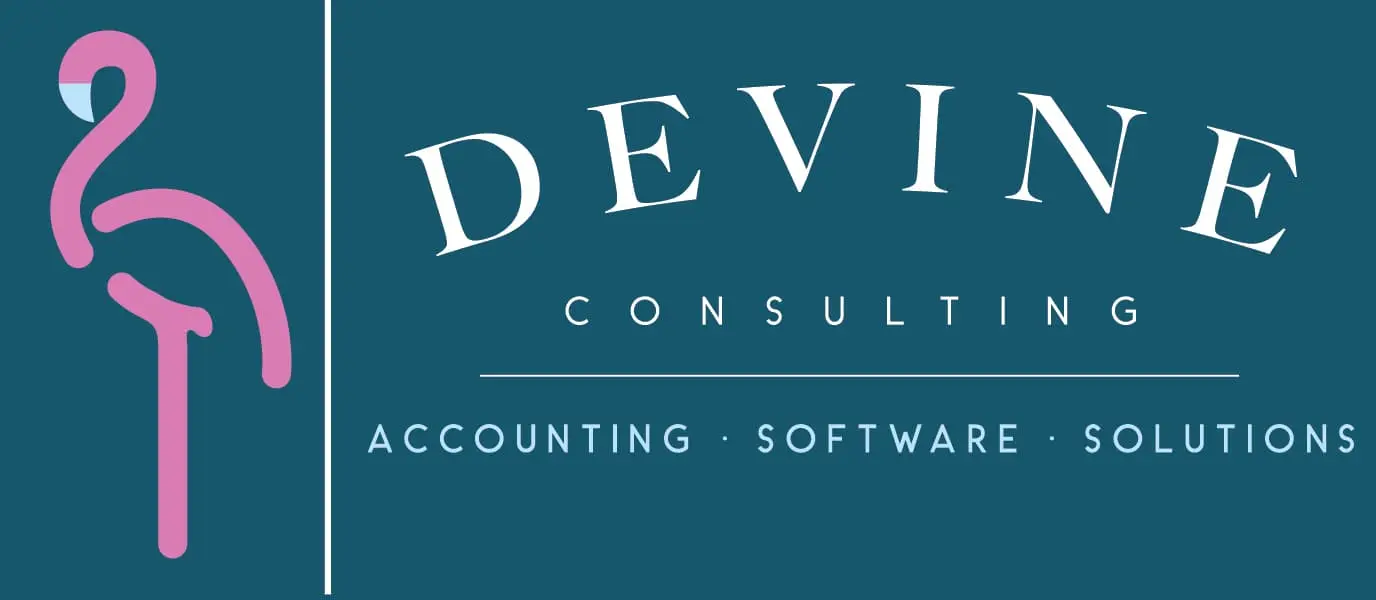Service Business Examples in Accounting You Should Know
The accounting industry offers diverse service business models that generate billions in annual revenue. From traditional bookkeeping to specialized consulting, these businesses serve companies of all sizes.
We at Devine Consulting see how service business examples in accounting continue evolving with technology and client demands. Understanding these models helps business owners choose the right accounting support for their specific needs.
What Service Models Drive Accounting Success
Bookkeeping and Financial Record Management
Bookkeeping services form the foundation of accounting businesses and generate predictable revenue streams. Service providers charge $30-50 per hour for basic transaction recording, invoice processing, and financial statement preparation according to industry data. Monthly retainer fees range from $200-800 for small businesses, while larger clients pay $2,000-5,000 monthly.
This recurring revenue structure provides stable cash flow that attracts service providers who want consistent income. The model focuses on daily financial tasks that businesses need but often lack internal resources to handle effectively.
Tax Preparation and Planning Services
Tax services create seasonal revenue spikes but offer year-round opportunities through strategic planning work. The average tax preparation fee ranges from $150-500 per return, with complex business returns commanding $800-2,500. Tax planning services generate higher margins, with hourly rates reaching $200-400 for experienced professionals.

Strategic tax planning extends beyond compliance work and helps clients minimize tax burdens throughout the year. This approach transforms seasonal relationships into ongoing partnerships that provide consistent value.
Financial Consulting and Advisory Services
Financial consulting represents the highest-value segment where CPAs provide fractional CFO services at $150-350 per hour. Advisory services often produce 40-60% higher profit margins than traditional compliance work, making this model increasingly popular among firms seeking premium positioning.
The SaaS market growth of 19.38% annually through 2029 creates expanding demand for specialized financial advisory work. These services include cash flow analysis, financial forecasting, and strategic business planning (areas where many businesses need expert guidance but cannot justify full-time staff).
These three service models demonstrate how accounting businesses can structure their offerings to meet diverse client needs while building sustainable revenue streams that support long-term growth.
Which Accounting Firms Lead Service Business Innovation
Traditional Small Business Accounting Firms Generate Steady Revenue
Traditional accounting firms remain profitable with steady growth in revenue. These firms typically serve 150-300 small business clients with standard services that include bookkeeping, tax preparation, and payroll processing. The key to their success lies in geographic focus and long-term client relationships that span 10-15 years on average.
Local firms charge $125-175 per hour for standard services while they maintain overhead costs at 65-70% of revenue. The most successful operations focus on specific zip codes or municipalities, which allows them to build referral networks and understand local business regulations thoroughly.
Industry-Specific Accounting Services Command Premium Rates
Specialized accounting firms that target specific industries achieve 25-40% higher profit margins than generalist practices. Construction accounting firms charge $180-250 per hour due to complex job costing requirements and prevailing wage compliance needs. Medical practice accounting specialists command similar premiums as they handle HIPAA compliance and insurance reimbursement complexities.
Real estate accounting represents another lucrative niche with short-term rental businesses that require specialized depreciation schedules and 1031 exchange expertise. Cannabis accounting firms charge premium rates of $200-300 per hour as the industry projects to reach $45.3 billion by 2025.
Virtual Accounting Providers Scale Beyond Geographic Limits
Cloud-based accounting firms operate with 40-50% lower overhead costs than traditional brick-and-mortar practices. These providers serve clients nationwide as they use platforms like QuickBooks Online and Xero for real-time collaboration. Virtual firms typically handle 400-600 clients per full-time equivalent employee compared to 200-250 for traditional practices.
The virtual model allows firms to specialize in high-value advisory services while they automate routine tasks. Monthly subscription prices range from $300-1,500 per client, which creates predictable revenue streams that support rapid scaling without proportional increases in fixed costs (a significant advantage over traditional models).

These diverse service approaches demonstrate how accounting firms adapt their business models to market demands. The success of each model depends on specific operational characteristics that separate thriving practices from struggling competitors.
What Makes Accounting Service Businesses Thrive
Client-Focused Service Delivery Models
Successful accounting firms build their operations around client response times and proactive communication strategies that reduce churn rates. The most profitable practices respond to client inquiries within 2 hours during business days and maintain monthly check-ins with their top 20% revenue clients. These firms track client satisfaction scores quarterly and achieve retention rates of 85-95% compared to 60-70% for reactive service providers. Client-focused firms also implement standardized processes that reduce new client confusion and establish clear communication protocols from day one.
Technology Integration and Automation
Firms that integrate automation tools reduce manual data entry by 70% and complete monthly closings 5-7 days faster than competitors who use traditional methods. Cloud-based platforms like Xero and QuickBooks Online allow real-time collaboration while automated bank reconciliation software cuts processing time from 4 hours to 30 minutes per client monthly.

The most successful practices invest 8-12% of annual revenue in technology upgrades and staff training (which enables them to handle 40% more clients per employee). AI-powered expense categorization and receipt scanning tools further streamline operations while they reduce human error rates to less than 2%.
Specialized Expertise and Niche Markets
Accounting firms that focus on 2-3 specific industries command 30-50% higher hourly rates than generalist practices. Construction accounting specialists average $225 per hour due to their expertise in job costing and prevailing wage compliance requirements. Medical practice accountants charge similar premiums as they handle complex insurance reimbursement processes and HIPAA compliance documentation. Cannabis accounting firms represent a high-margin niche with dispensaries paying between $500-1,000 monthly for basic bookkeeping services as regulatory complexity continues to grow with the industry’s expansion (making this one of the most lucrative specializations available).
Final Thoughts
Service business examples in accounting show how diverse revenue models create sustainable growth opportunities. Traditional firms generate steady income through local client relationships, while specialized practices command premium rates when they focus on specific industries like construction or cannabis. Virtual providers scale efficiently with cloud technology and automated processes.
Professional accounting services deliver measurable value through improved financial accuracy, regulatory compliance, and strategic planning support. Businesses that outsource accounting functions typically reduce operational costs by 30-40% while they gain access to specialized expertise they cannot afford internally. Companies can choose from multiple service models based on their specific operational requirements.
Business owners should evaluate their specific needs against available service models when they select accounting support. Companies that require basic bookkeeping benefit from traditional monthly retainer arrangements, while growth-stage businesses need advisory services for cash flow management and financial forecasting. Devine Consulting provides comprehensive accounting solutions that combine accurate bookkeeping, financial reporting, and strategic planning to help businesses achieve financial stability (allowing owners to focus on core operations).


